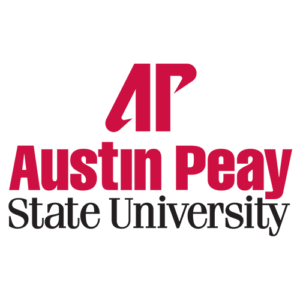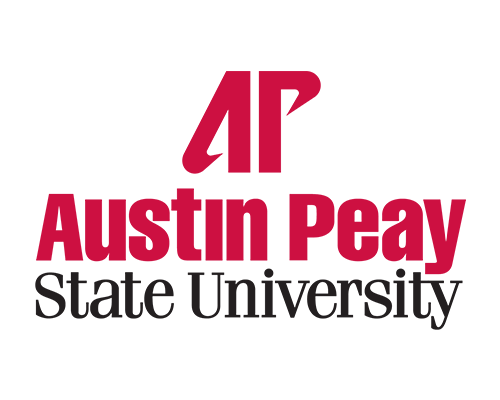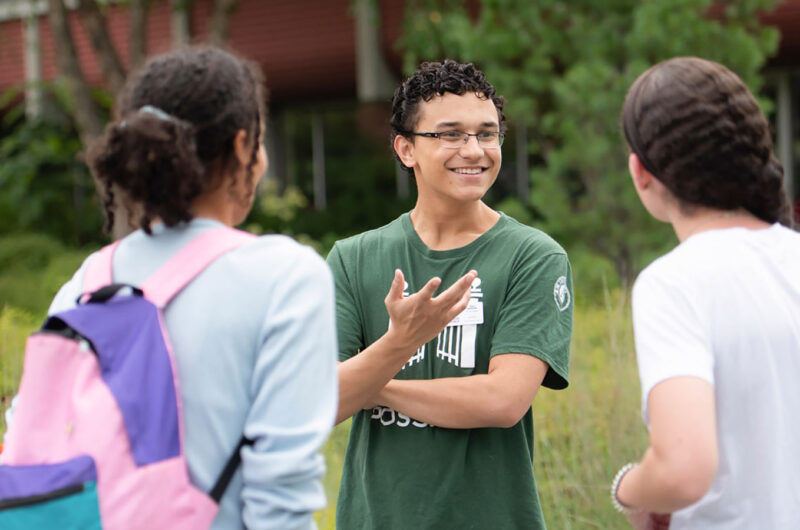
College Possible is pleased to announce a Catalyze partnership with Tennessee’s fastest-growing public university to launch its innovative coaching and mentoring program for more than 400 incoming freshmen.
“Austin Peay State University (APSU) prides itself on bridging gaps in not just access, but also completion, for students from a wide variety of backgrounds,” Alisa White, APSU president, said. “This partnership taps the potential of one of our most powerful assets, recent graduates, who are uniquely equipped to mentor students following in their footsteps.”
Catalyze builds on College Possible’s 20-year history of training AmeriCorps service members to help high school juniors and seniors from low-income backgrounds enroll in — and complete — college. College Possible intends to scale similar near-peer coaching programs to institutions nationwide. Recent results show that 92 percent of program participants who were enrolled in college in fall 2018 returned for the spring 2019 term.
“This initiative reflects a spirit of innovation and commitment to equity that has enabled Austin Peay to boost graduation rates for low-income students in recent years,” Dr. Loretta Griffy, APSU associate vice president for student success and strategic initiatives, said. “It’s about helping students to build relationships that create stronger connections to our campus community. It is about supporting students as they navigate the transition to university life.”
Catalyze coaches are recent college graduates. Many have navigated challenges that could have ended their own educational journeys. Each coach is physically located at the university, maintains a full-time presence on campus, and engages in the university environment alongside their students. This near-peer coaching model leverages the power of passionate and dedicated recent college graduates to offer advice and mentorship as students navigate the complex world of college completion. The College Possible success coaches will join college-focused student success teams under the guidance of Dr. Nancy King Sanders, APSU executive director for the Center for Teaching and Learning.
“Low-income students often face solvable — but unaddressed — hurdles as they adjust to campus life and chart their path to graduation. They lack the sort of support networks that are easy to take for granted,” Jim McCorkell, College Possible founder and chief executive officer, said. “Near-peer coaches have a unique ability to help students navigate real-world challenges like getting to class on time or building study habits. But they can also offer the sort of moral support that only a peer who has walked in your shoes is equipped to provide.”
About Austin Peay State University: Austin Peay State University (APSU) is located in northern middle Tennessee and serves a diverse population of more than 10,000 students. Austin Peay is a comprehensive university committed to raising the educational attainment of the citizenry, developing programs and services that address regional needs, and providing collaborative opportunities that connect university expertise with private and public resources. Collectively, these endeavors contribute significantly to the intellectual, economic, social, physical and cultural development of the region. APSU prepares students to be engaged and productive citizens while recognizing that society and the marketplace require global awareness and continuous learning. This mission will be accomplished by:
- Offering undergraduate, graduate and student support programs designed to promote critical thinking, communication skills, creativity and leadership;
- Expanding access opportunities and services to traditional and nontraditional students, including the use of multiple delivery systems, flexible scheduling and satellite locations;
- Promoting equal access, diversity, an appreciation of all cultures and respect for all persons;
- Serving the military community at Fort Campbell through complete academic programs;
- Providing academic services that support student persistence to graduation;
- Fostering a positive campus environment that encourages active participation in university life; and
- Developing programs (credit and noncredit), conducting research and providing services that contribute significantly to the quality of life, learning and workforce development needs of the region.

